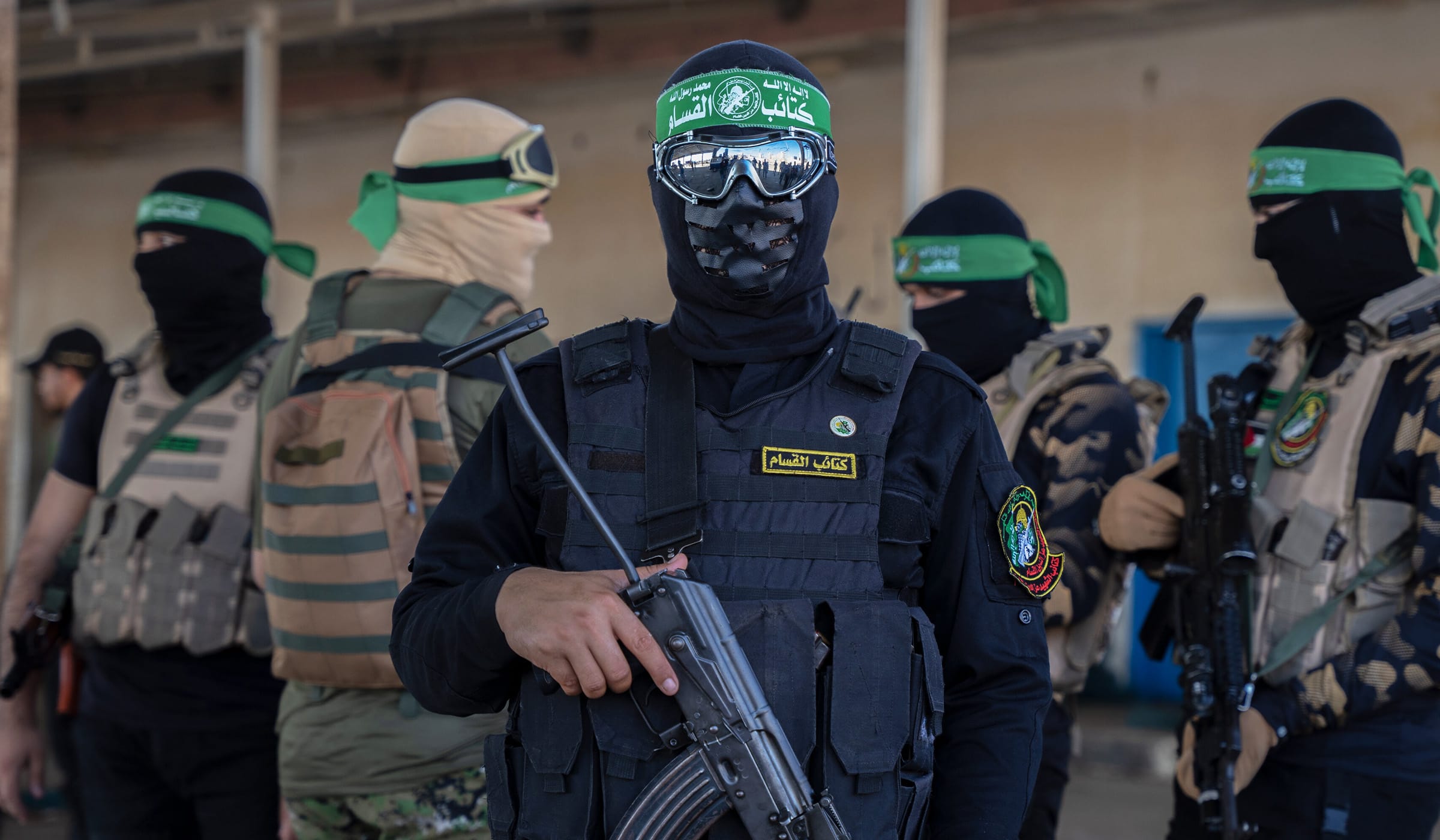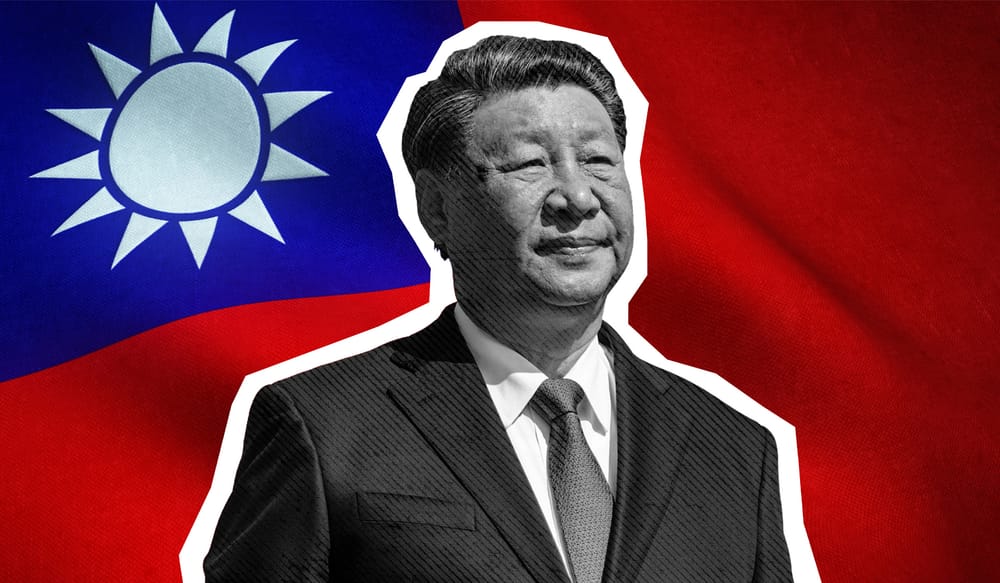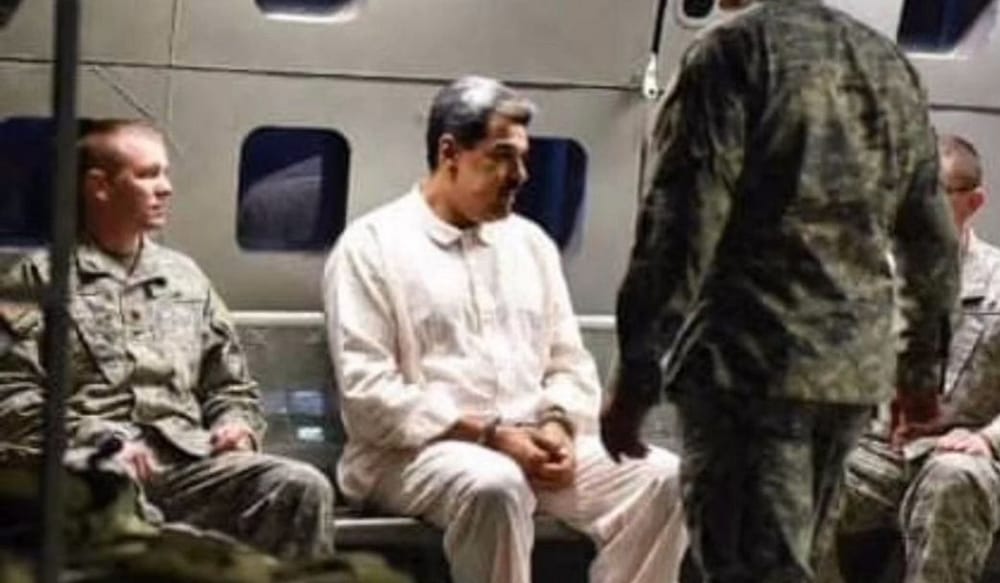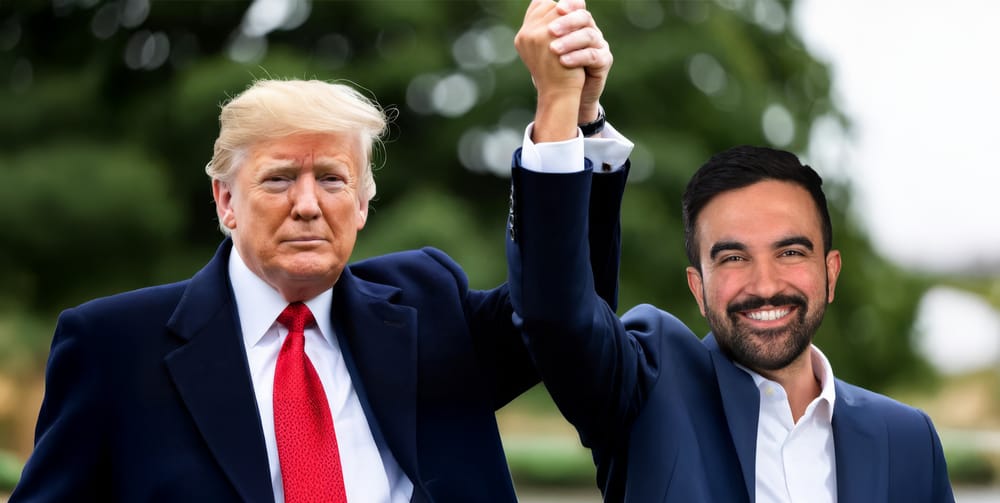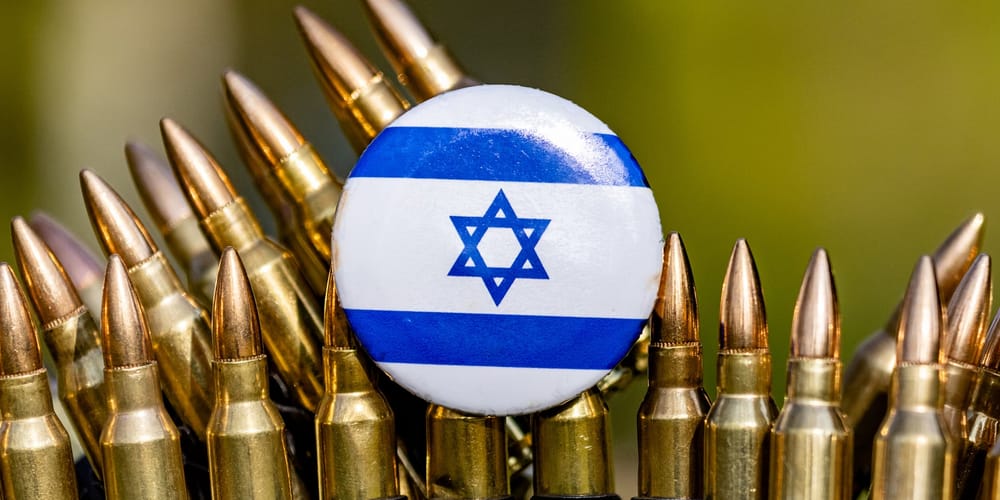Israel's security leadership is reportedly pessimistic about whether the airstrike on the meeting of Hamas' top brass in Doha killed its intended targets. A glimmer of hope remains, since the group has not released any photos proving their survival, so there's a chance that they have either been eliminated or at least injured.
In reality, however, it doesn't really matter that much, as the history of the conflict proves.
Of course, it would have been a major win if Israel succeeded in adding people like Al-Hayya or Mashal to the list containing the Sinwar brothers, Marwan Issa, Saleh al-Arouri and Ismail Haniyeh himself.
For Netanyahu it would be a political coup a year before the Israeli elections.
At the same time you have to ask yourself: what have these deaths ever changed?
Sure, assassinations of the most experienced and prominent members hurt the organisation and provide valuable political currency for the Israeli government, but the war in Gaza keeps raging on as it has for 2 years.
Yahya Sinwar was dispatched by the IDF last October. And? Has anybody noticed a difference?
For every leader killed there's always someone else who takes over.
There's no reason to believe that, if the bombing worked out, the replacements of the old guard would be more eager to negotiate or give in to Israel's demands.
The main objective of the operation was to apply additional pressure on Hamas, whose chiefs have been leading the war from the comforts of 5 star hotels in Doha. The attack has shattered their sense of security and a belief that a direct military strike on Qatar was off limits.
Well, it's not, even after Israel reportedly promised it would be (although that may have been a ruse, which I will write about in the next article). And as I explained here, Iran paved the way for it.
As one of my favourite commentators, an Ogilvy & Mather group VP and the founder of the company's behavioural science division, Rory Sutherland once observed, it pays to be slightly bonkers, slightly crazy, willing to do the unpredictable, so your rivals – whether in negotiation or otherwise – cannot easily anticipate your moves.

Even as Donald Trump jumped to reassure the Qataris that such an attack would never happen on their soil again, the reality is that Israel outmanoeuvred the US administration leaving it no time to react, taking both countries by surprise.
As a result, it's not the Americans that have to provide such guarantees but Israelis – and they are demonstrating their willingness to test the established limits.
Israel's strike on Doha was Netanyahu reminding Hamas and all its supporters that he is still firmly in charge, and that no amount of international pressure – whether it's recognising Palestine or being chewed out even by Israel's staunchest ally, Donald Trump – will change that.
It was a statement that if Hamas (or Arab leaders) want to solve the crisis in Gaza they cannot go around Israel's back to pressure the country through Europe or America – they have to deal with it directly and submit to its demands.
Or else.



